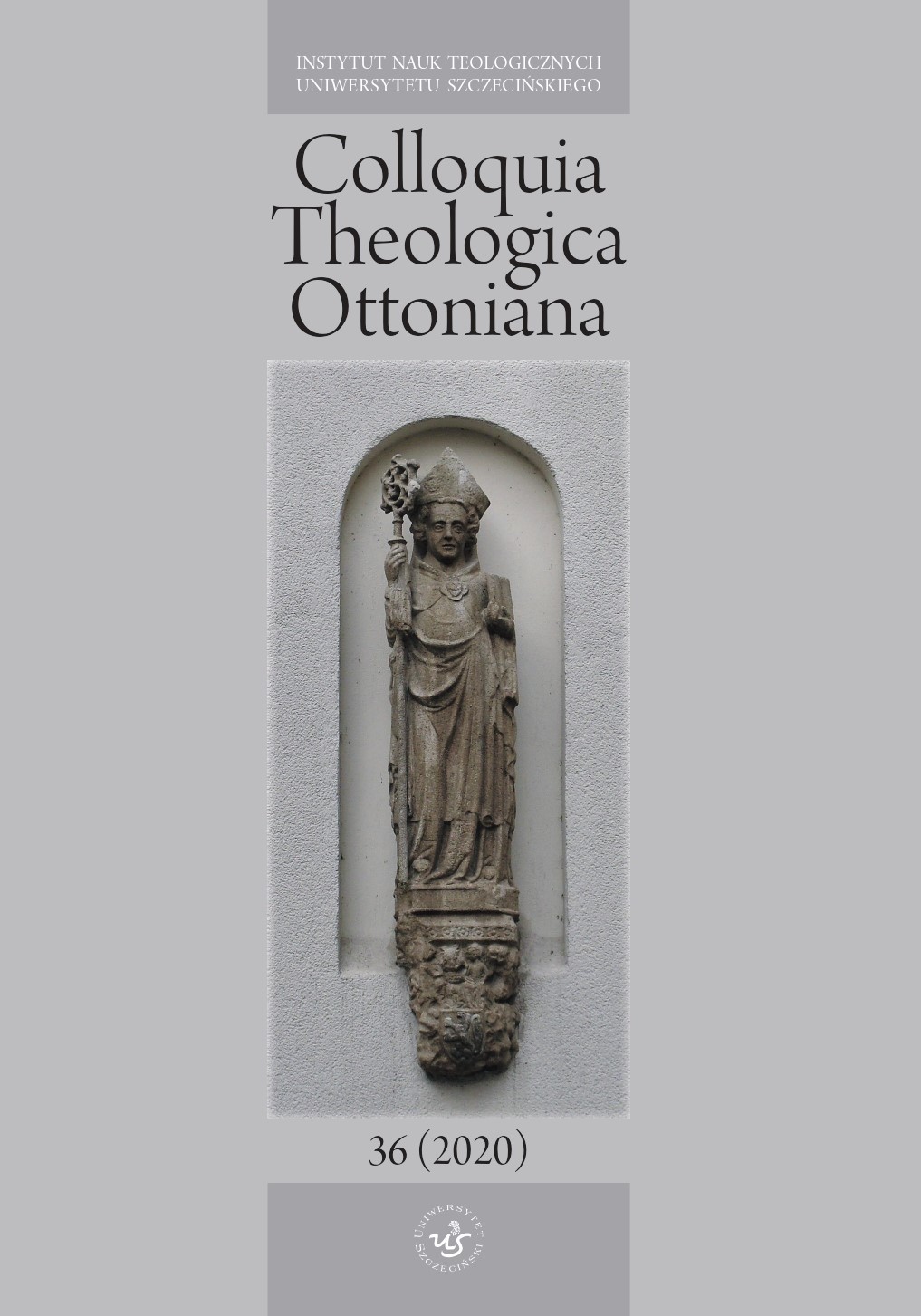Ressentiment jako uczucie reaktywne i faktor życia moralnego w świetle studium genealogicznego Friedricha Nietzschego Zur Genealogie der Moral. Eine Streitschrift
Ressentiment as a Reactive Emotion and Factor of Moral Life in Light of the Genealogical Study of Friedrich Nietzsche Zur Genealogie der Moral. Eine Streitschrift
Author(s): Tomasz DrożyńskiSubject(s): Christian Theology and Religion, Philosophy, Semiology, Logic, Theology and Religion
Published by: Wydawnictwo Naukowe Uniwersytetu Szczecińskiego
Keywords: Nietzsche; resentment (ressentiment); slave morality; genealogy
Summary/Abstract: Friedrich Nietzsche (1844–1900), a critic of Western culture and Christianity in particular, was the author of Zur Genealogie der Moral (1887), a polemical study on the various manifestations of the constitution of morality. According to the German philosopher, ressentiment appears to be important in the genealogical study of morality. This specialised term, for which Nietzsche finds no equivalent in his native language, is the key to understanding the new construction of morality from the perspective of the revaluation of values (Umwertung aller Werte). This article is a selective attempt to describe ressentiment as a reactive feeling and a fact of human moral life by showing the semantic scope of the concept and presenting the functioning of the psychological mechanism, its meaning, and the consequences it produces. The lexical analysis of the concept allows us to examine, in a genealogical-Nietzschean way, what is the essential content of the terminus technicus itself. The semantic analysis leads to the discovery of ressentiment as a certain attitude of a moral nature that has its proper place in the spiritual-psychic structure of man. Ressentiment comes down to experiencing unfriendly feelings, usually directed against another human being. Using the knowledge of this mechanism, one can see a practical application in Nietzsche’s philosophy (dualism: the weak-strong and the victory of slave morality). The essential role of ressentiment in the moral life of man appears as a panacea serving to alleviate suffering. The product of ressentiment is slave morality, which has been victorious in history because of the weakness of the human condition as a “sick animal”. This mechanism is the source of Judeo-Christian morality. Ressentiment produced the poisoned values of Christianity and, as a result, of the entire European civilisation and decadent culture. In Zur Genealogie der Moral, Nietzsche repeatedly describes man as possessed by resentment – “der Mensch des ressentiment”. The man possessed by ressentiment is “the cellar animal, full of vengeance and hatred” and the discoverer of an impure conscience.
Journal: Colloquia Theologica Ottoniana
- Issue Year: 2020
- Issue No: 1
- Page Range: 109-123
- Page Count: 15
- Language: Polish

